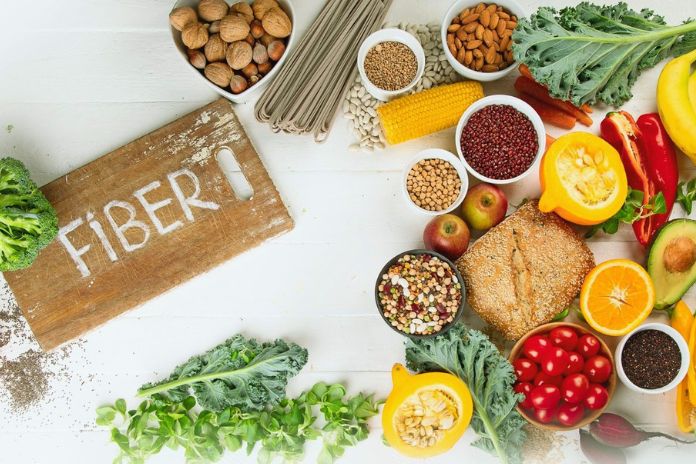When we begin to understand more about the importance of nutrition for the proper functioning of our body, or we are looking to reduce our body weight, we are faced with foods that are references of high fiber content, but we do not always understand what the true meaning of this is. . After all, why is this information always highlighted? What can dietary fiber do for my health? These are the questions we will answer today. Read on!
What Are Dietary Fibers?
Just like vitamins and minerals, fibers are substances also present in food. These components are part of vegetables, grains, fruits and vegetables and are not digested by the body. And it is precisely because they are not absorbed that they do not receive the nomenclature of nutrients, as they do not reach the bloodstream. However, they remain essential for our health and can improve life in many ways.
Fibers are a set of substances resistant to digestion and absorption in the human small intestine, with complete or partial fermentation in the large intestine. In this way, they pass through the digestive system almost unharmed, not providing calories and reducing the absorption of cholesterol, fats and sugars.
Indeed, you’ve heard of intestinal flora, right? It’s the group of bacteria that inhabit the large intestine that helps digest food and controls the growth of microorganisms that cause diseases. Therefore, those who consume a lot of fiber have healthy intestines. Want a healthy future? So you have to eat more fiber.
Types Of Fibers
Two types of fiber are classified according to their solubility in water: insoluble and soluble fiber.
Insoluble fiber is known as cellulose and does not dissolve in water or even chewing. Most of this fiber passes through the digestive tract unchanged. However, it increases the movement of waste products through the digestive tract, helping to prevent constipation. Insoluble fibers provide a firmer texture to some foods, such as brown rice, wheat bran, breakfast cereals and whole meal bread. Therefore, the action of insoluble fiber is to help the intestine to function better, retaining more water.
Soluble fiber has a slightly different definition. Unlike the firmness of the insoluble, the soluble forms a kind of gel in the intestine, improving intestinal transit and water absorption. In addition to staying longer in the stomach, it helps to reduce cholesterol levels, transforming complex carbohydrates more slowly, slowing down the time of sugar uptake and reducing blood glucose levels. Soluble fiber can be found in oats, beans and fruits.
Although these two classifications for fibers exist, you don’t have to stick to them. Hardly a food is a source of only one type of fiber, that is, there is a mixture. Therefore, foods considered rich in fiber have both soluble and insoluble fiber. What counts is the total consumption of these substances.
What Are The Benefits Of Consuming Fiber?
People who consume fiber-rich foods regularly have a lower risk of developing coronary heart disease, hypertension, obesity and diabetes. One of the positive effects of consuming fiber in the diet is encouraging the growth of good bacteria (with probiotic action) in the intestine, stimulating, for example, increased immunity.
The correct intake of fiber by individuals who suffer from loose bowels and frequent diarrhea results in a decrease in intestinal transit, contributing to the quality of life of this group of people. Not to mention the positive effect on the mucosa and intestinal microbiota, protecting the intestine against infections.
Reasons Why You Should Eat Fiber
1) They can help you sleep well, as high fiber consumption contributes to slow wave sleep, i.e. the most vital. Evidence indicates that the imbalance of the intestinal flora favors insomnia. And, as we have already seen, fiber favors the intestinal flora.
2) The anti-inflammatory properties of the fibers help minimize airways’ aggressions daily in bronchitis, asthma, chronic obstructive pulmonary disease and pathologies related to smoking. So fibers can help you breathe better.
3) Are you looking to lose weight? The fibers will be your allies. As they slow digestion, sugar is gradually released into the blood, making insulin more efficient. This provides the feeling of satiety, as hunger takes time to appear.
Also Read: Intermittent Fasting Diet: Risks And Advice

